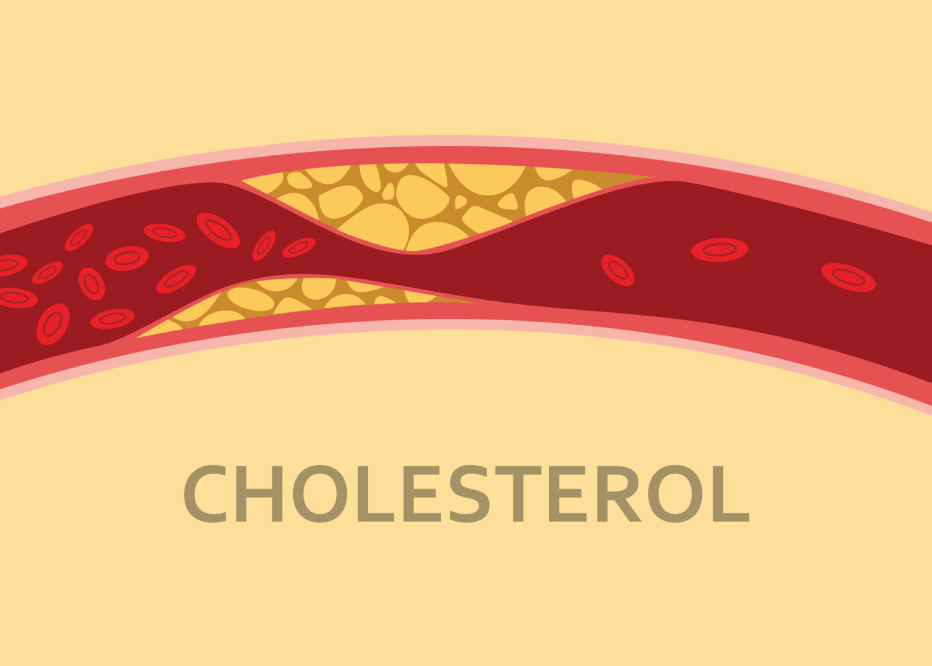
Cholesterol is an essential substance for your body at normal levels. However, it can become a silent danger if the levels become high in your blood, posing a threat to life-threatening complications such as a heart attack. However, there is hope should your cholesterol levels rise. Rockville cholesterol specialists at Quality Primary Care can help you manage your condition and lead a quality life. Understanding the reasons for your high cholesterol will be a step ahead towards effective management of the condition. Here are possible reasons why you might be in such a state. Have a look.
Unhealthy Lifestyle Behaviors
One of the commonly known causes of unhealthy cholesterol levels is your way of living. What you eat is critical to your overall health and also affects your cholesterol levels. For example, eating foods high in fat saturation, such as dairy products and meat, increases your risks for high cholesterol concentrations. Experts recommend that only less than 10% of your daily calories should come from saturated fats.
Another lifestyle habit that can contribute to higher levels of cholesterol is lack of physical activity. If you spend much time at rest, you risk getting unhealthy cholesterol levels.
Other lifestyle factors that increase your chances of high cholesterol levels include drinking too much alcohol, smoking, and stress.
Medical Complications
It is a fact that some medical complications can raise your cholesterol levels. These include:
· Diabetes
· Chronic kidney disease
· HIV infection
· Hypothyroidism
· Multiple myeloma
· Menopause
· Lupus erythematosus
· Overweight and obesity
· Pregnancy
· Polycystic ovary syndrome (PCOS)
· Sleep apnea
Genes
You can develop unhealthy cholesterol levels because of changes in your genes or due to mutations. This can be a result of inheriting the genes from your parents and can lead to familial hypercholesterolemia. Therefore, it is vital to look back at your family history and understand if you are at risk of this complication. Note that it is difficult for your body to process the excess cholesterol or break it down. However, knowing your family history will help your provider in diagnosis.
Some Medications
If you are under any medications for other health complications, it is good to let your provider know. This is because some medications are notoriously known to cause unhealthy cholesterol levels. They include:
· Chemotherapy medicines for cancer
· Arrhythmia medicines
· Antiretroviral medicines for HIV
· Beta-blockers for high blood pressure or angina chest pain
· Steroids
· Retinoids
· Immunosuppressive medicines
· Diuretics
Risk Factors
Several risk factors may also be the reason you are experiencing high cholesterol levels in your blood. They include:
Age
Although unhealthy cholesterol levels can be experienced at any age, it is commonly diagnosed between 40 and 59. This is because your body’s metabolism changes with age, and your liver may not function as well as it used to in managing the cholesterol levels in your blood.
Race or Ethnicity
Experts have found that your race or ethnicity may affect your cholesterol levels. Generally, if you are non-Hispanic, you are at a higher risk of high cholesterol levels than other groups.
Sex
Your risks for unhealthy cholesterol levels can be high between the ages of 20 and 39 as a man. On the other hand, it may be high in other ages as a woman due to several other risk factors affecting women such as birth control, pregnancy, and menopause.
If your cholesterol levels are elevated, it may be due to these reasons. It would be best to get expert help from Quality Primary Care providers in understanding your condition and managing it effectively.